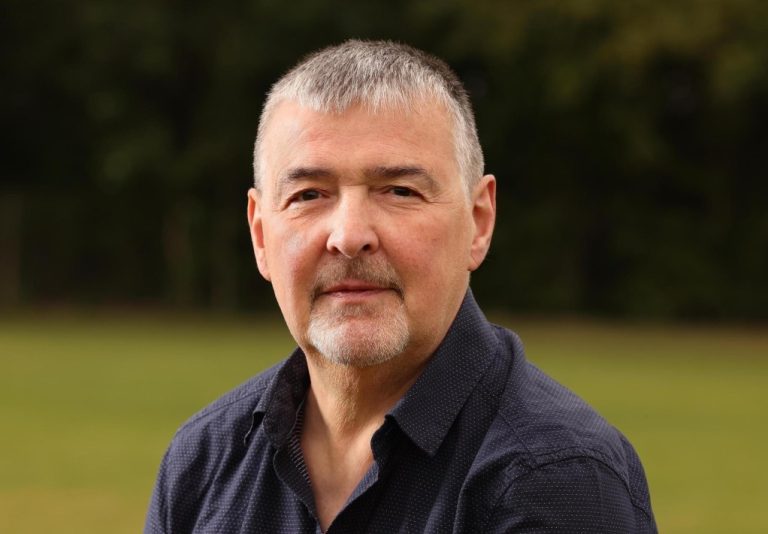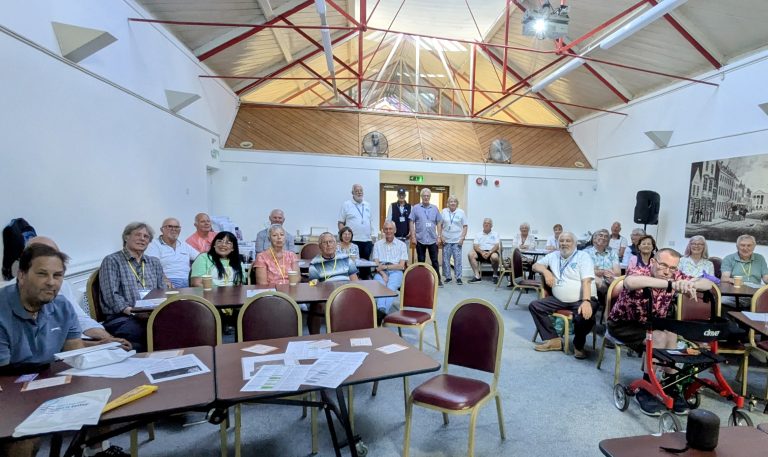In January 2015, an independent taskforce was established by NHS England to develop a five-year strategy for cancer services with the aim of improving survival rates and saving thousands of lives.
The taskforce has now published a statement of intent which assesses the opportunity for improved cancer care, sets out the key questions the strategy will address and headlines the key ambitions and initiatives that are being considered for the strategy.
Tackle contributed to the evidence given to the taskforce. We believe that, to improve outcomes for patients in the UK, a clear strategy should be in place to allow the cancer community to work together to help reduce variations in practice and ensure that high quality and timely care is delivered in a consistent manner.
Some of the key changes that the taskforce considers important over the next five years include:
- Greater emphasis on prevention efforts, including secondary prevention;
- A multi-faceted approach to detecting many more cancers earlier, including a step-change in capacity and a shift in culture around investigative testing;
- Reductions in variability of access to optimal diagnosis and treatment and in inequalities in outcomes;
- Integration of health and social care such that all aspects of patients care are addressed, particularly at key transition points in the system;
- Patients feeling better informed, and more involved and empowered in decisions around their care;
- A system that recognises the critical importance of cancer research and is primed to innovate, with cost-effective technological advances rapidly adopted and plans to embed stratified approaches in all elements of care;
- A system that provides better and more immediate access to data and intelligence, as a key driver of improvement;
- Commissioning based around health and wellbeing outcomes, with a population focus;
- Clearer leadership and accountability for driving improvements, across the system.
Commenting on the statement, Tackle Chairman said: “we welcome this statement as an excellent start to the process of improved delivery of cancer services for patients and we would look forward to contributing to the workshops and other evidence in the next stages”.



